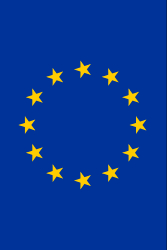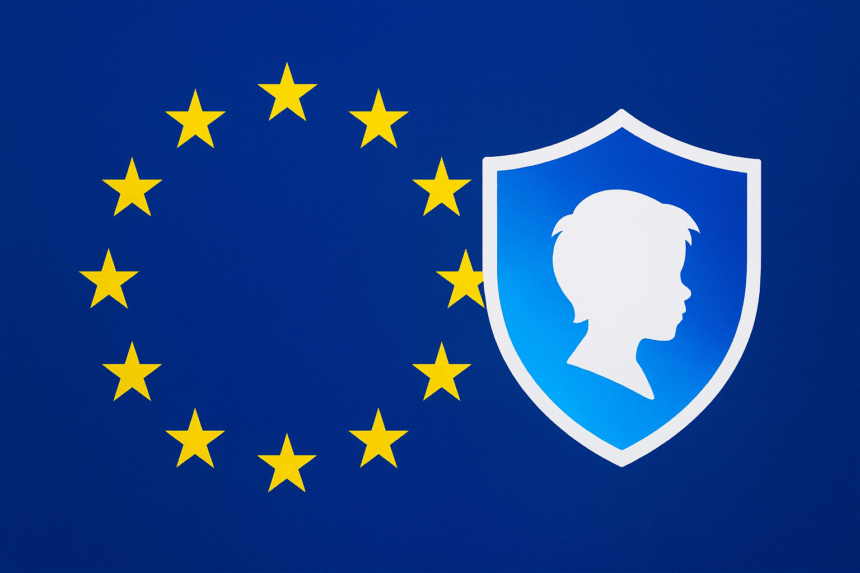Europe Unites to Safeguard Kids in the Digital Age
The European Union has officially backed Denmark’s Jutland Declaration, a coordinated effort to strengthen child protection online. The agreement — signed by 25 of 27 EU member states — is a definitive directive tightening the rules. These rules address how children interact with social media and digital content.
While Denmark’s proposal for a total social media ban for children U15 didn’t gain full support, the EU’s endorsement of its wider framework signals consensus around one goal. The goal is keeping minors safe online.
What’s Happening & Why This Matters
The Jutland Declaration Gains Momentum

The Jutland Declaration, drafted under Denmark’s presidency of EU telecom meetings in late 2025, focuses on closing gaps in existing EU digital safety laws. It acknowledges that current regulations such as the Digital Services Act (DSA) may not fully protect minors from harmful, illegal, or extremist content.
“Children face increasing risks online, and they require stronger and more targeted protection,” the declaration states. It calls for age verification standards, stricter platform accountability, and tougher penalties for content. The content targets minors with adult material or addictive features.
EU ministers are championing age verification technology as a basic safeguard, similar to age checks in the offline world. The upcoming Digital Fairness Act, expected in 2026, serves as the legislative vehicle to enforce tools across the bloc.
As the declaration explains:
“Without trustworthy age verification, it’s impossible to prevent social media from targeting minors with adult-oriented content, putting their wellbeing at risk.”
Denmark’s Push for a Social Media Age Ban
Earlier this week, Danish Prime Minister Mette Frederiksen reignited debate by proposing a social media ban for children under 15. She cited national data showing that 94% of Danish children use social media before that age.
She argues that the measure reduces digital addiction and mental health decline among youth. She cited research from the World Health Organization (WHO). Between 2018 and 2022, the number of adolescents with problematic social media use rose from 7% to 11%.
Despite broad EU support for stronger protections, countries like Germany, Spain, the Netherlands, and Cyprus stopped short of endorsing bans. German State Secretary Thomas Jazombek commented,
“We don’t want a ban, but we do want to protect the youngest children from the downside of technology.”
The Role of Platforms and Enforcement
The European Commission is now demanding transparency from leading tech platforms, including Snapchat, YouTube, Apple, and Google. Officials seek detailed reports on age verification methods and content filtering systems. The systems prevent minors from accessing drugs, vapes, or harmful material, such as eating disorder content.
Under the DSA, which came into effect in 2023, the EU opened ten investigations into companies such as X, TikTok, and Meta. The issues include election interference and algorithmic recommendations. None have concluded yet, but the message is clear: the EU expects tech giants to play their part in child digital safety.
A Unified Front, With Room for Debate
Not all member states are fully aligned. Belgium and Estonia declined to sign the declaration, arguing that national discretion determines child safety policies. Others, like Greece, proposed flexible age categories to account for developmental differences between younger children and teens.
Greek Minister of Digital Governance Dimitris Papastergiou noted,
“There’s a mature difference between ages 12 and 15. Age verification cannot be one-size-fits-all.”
Even with such debate, the EU’s backing of Denmark’s framework is a symbolic milestone. It represents a recognition that children’s mental health and digital well-being are now central to Europe’s policy agenda.
TF Summary: What’s Next
The EU’s adoption of Denmark’s Jutland Declaration is a turning point in the global fight for child safety online. Expect the forthcoming Digital Fairness Act to introduce EU-wide rules on age verification and platform accountability. The changes modify how companies moderate youth content.
MY FORECAST: If the model works, Europe can export its online protection blueprint to other regions. Meanwhile, Big Tech faces a hard reality: regulators are no longer satisfied with self-policing promises. The next phase of internet governance is not defined by innovation — but by responsibility.
— Text-to-Speech (TTS) provided by gspeech


